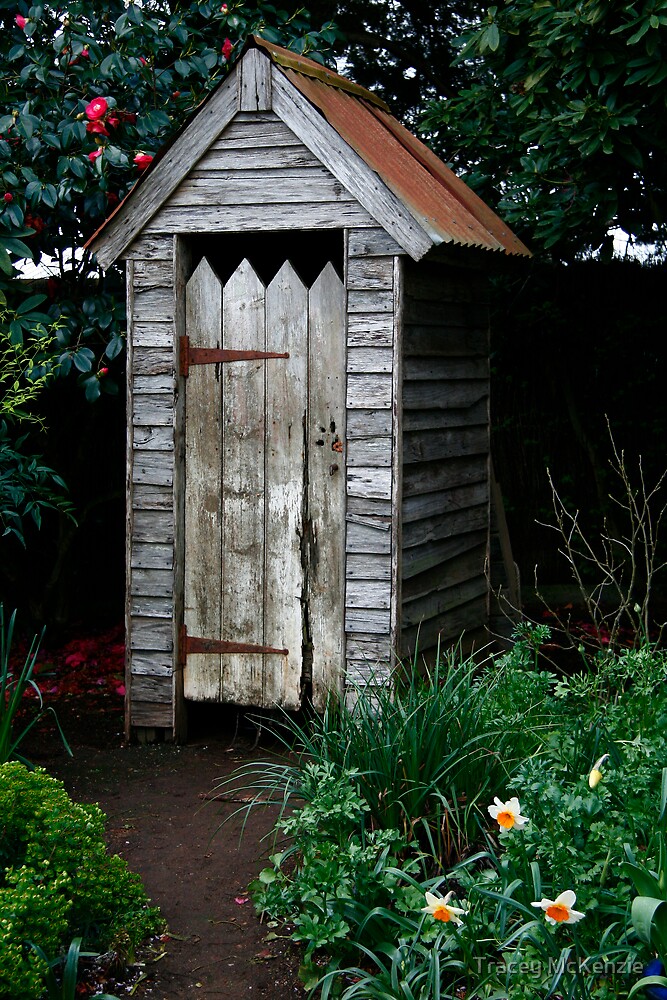Sticky fingerprints reveal true origins of honey
DNA testing Australian honey can reveal where it was produced and its main floral sources, according to research by Australia’s national science agency, CSIRO, and partners at the University of Melbourne and Curtin University.
The $100 million Australian honey industry exports 4500 tonnes of honey every year, and could benefit from the findings, which could be used for a honey certification program to confirm the floral composition and provenance of commercial honey.
Dr Liz Milla said the technique works because honey contains DNA from the pollen collected by bees.
“We tested 15 different honeys from across Australia and found most were dominated by eucalypts and related plants in the Myrtaceae family,” Dr Milla said.
“We detected the major floral source on the label in all commercially produced honeys. In 85 per cent of samples they were found in the top five most abundant floral components. All of the honeys were composed of mixed florals, which reflects the diverse natural diets of honeybees.
“We found that honeys from eastern and western Australia were easy to tell apart and we could categorise most honeys according to Australia’s 89 geographically distinct bioregions from which they came.”
The researchers used a technique called pollen DNA metabarcoding, which is a way to identify plant species from their pollen by sequencing a short stretch of DNA and comparing it with a reference library.
The libraries are built using reference DNA of plant specimens, curated by botanical experts at collections like the Australian National Herbarium.
The DNA-based method is a fast and accurate way to identify the floral composition of Australian honey.
“The traditional method of using microscopy to identify pollen in honey is time-consuming, requires significant expertise because Australia has such diversity of unique plants, and often can’t identify plants to species level,” Dr Milla said.
Are you a honey fan? How much do you eat? Do you try to ensure you eat only locally sourced honey?





Yes honey is great -- also for adding to soups etc., I always buy locally farmed honey, I never buy from the shops
Honey can also be a great healer too.